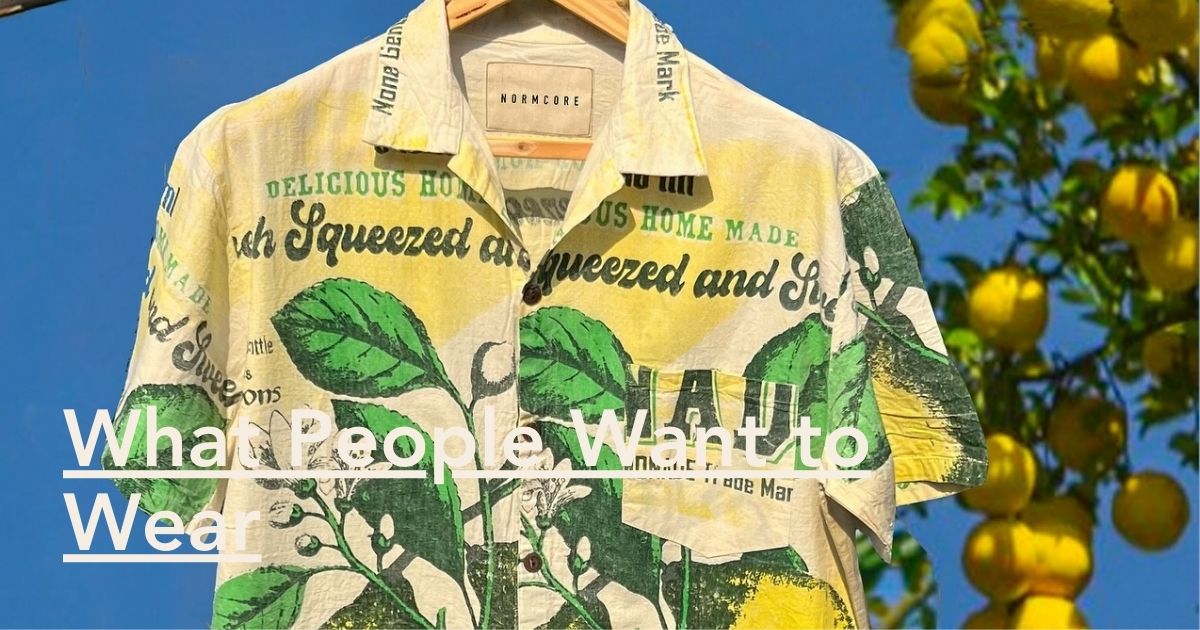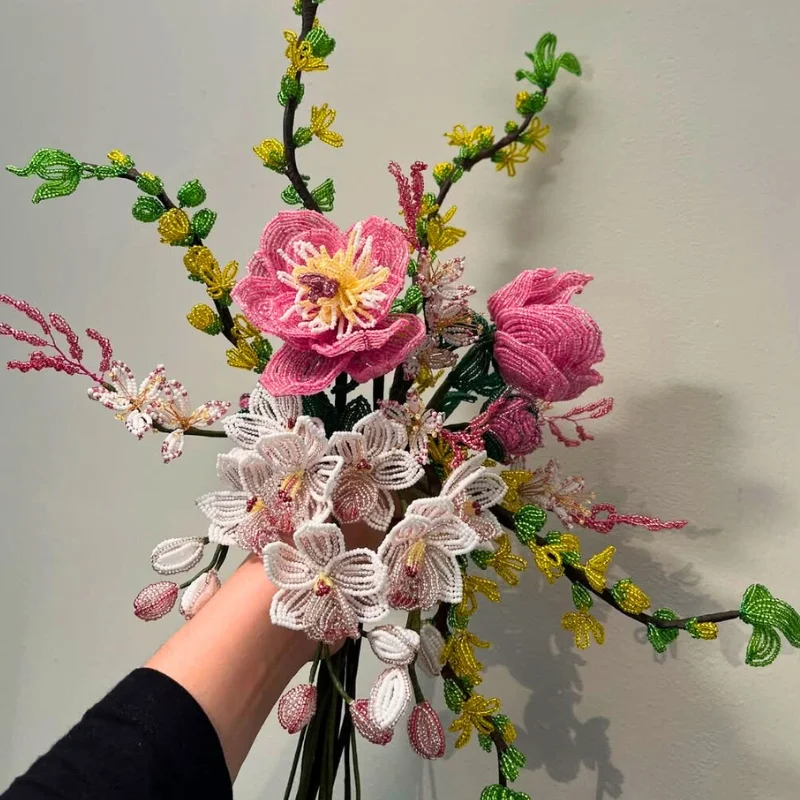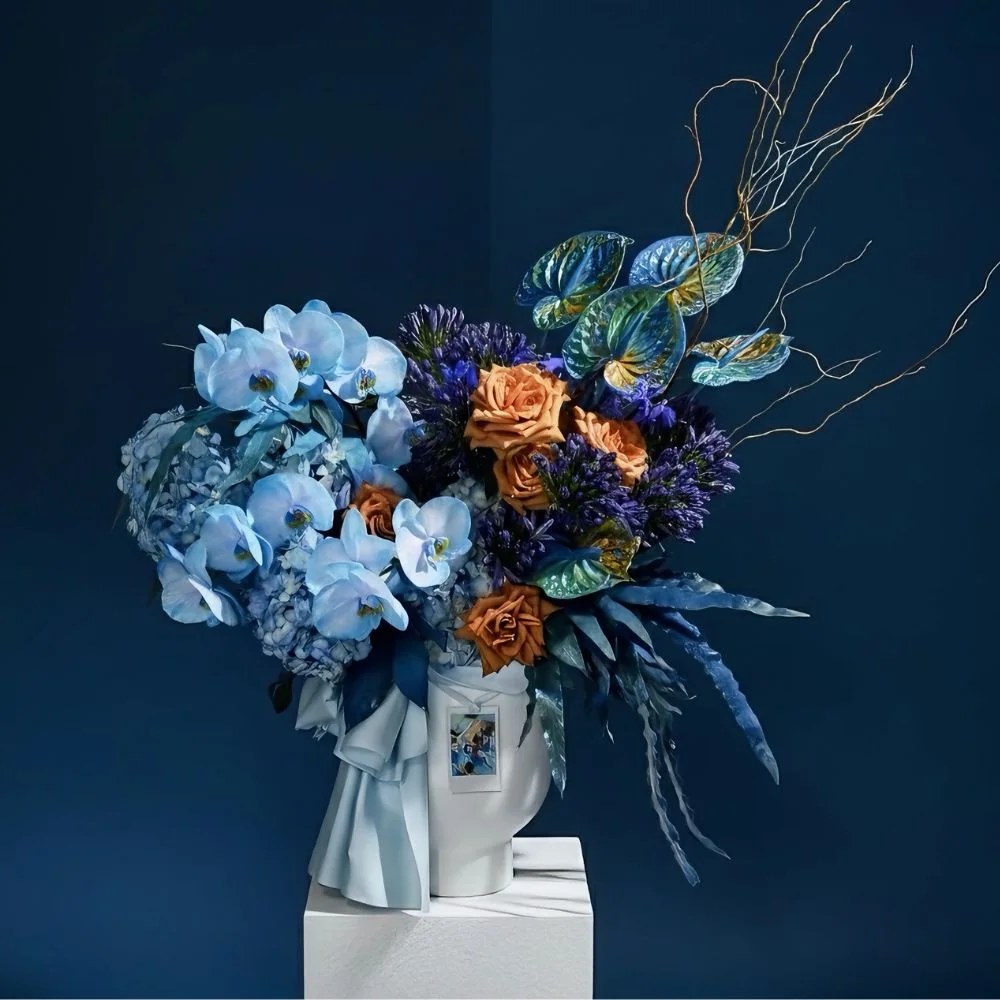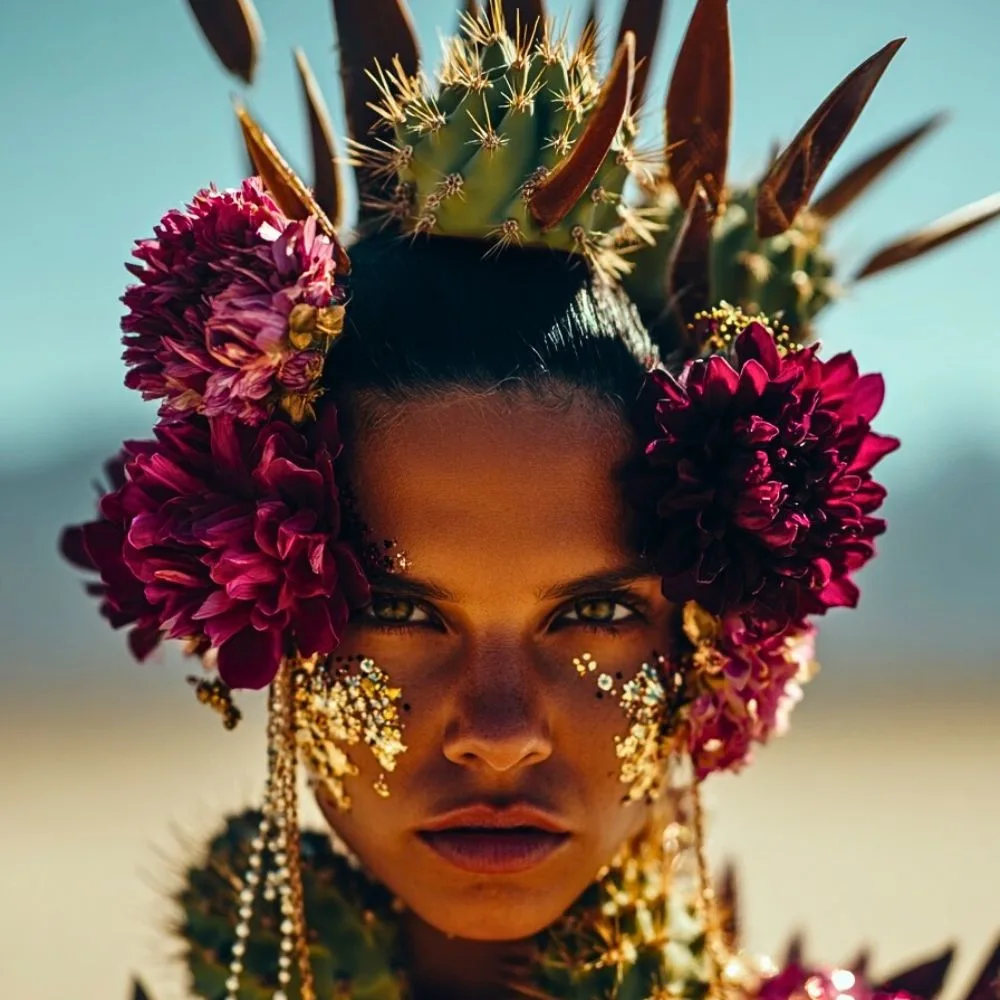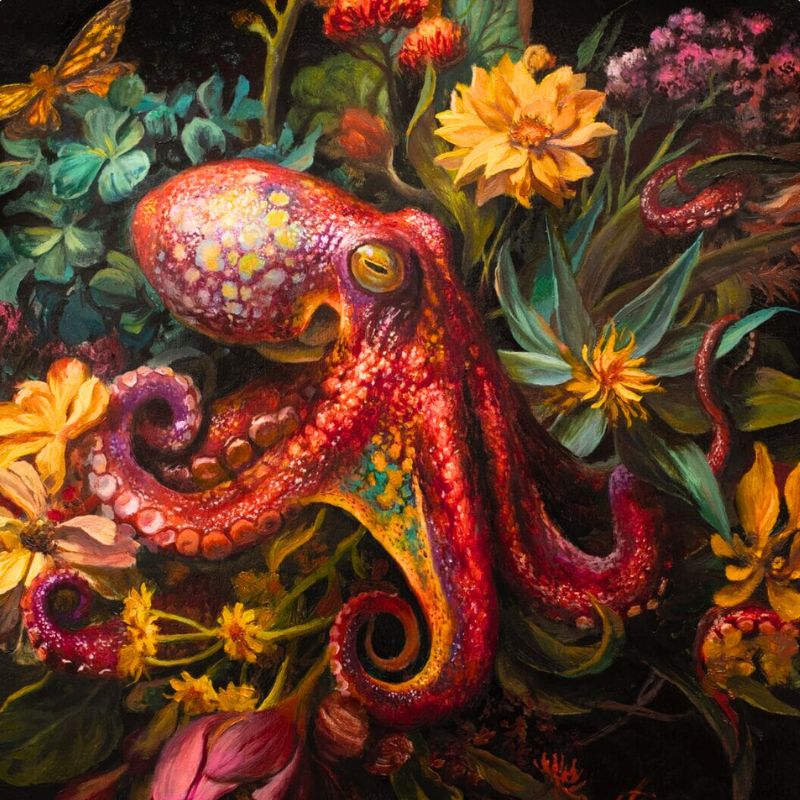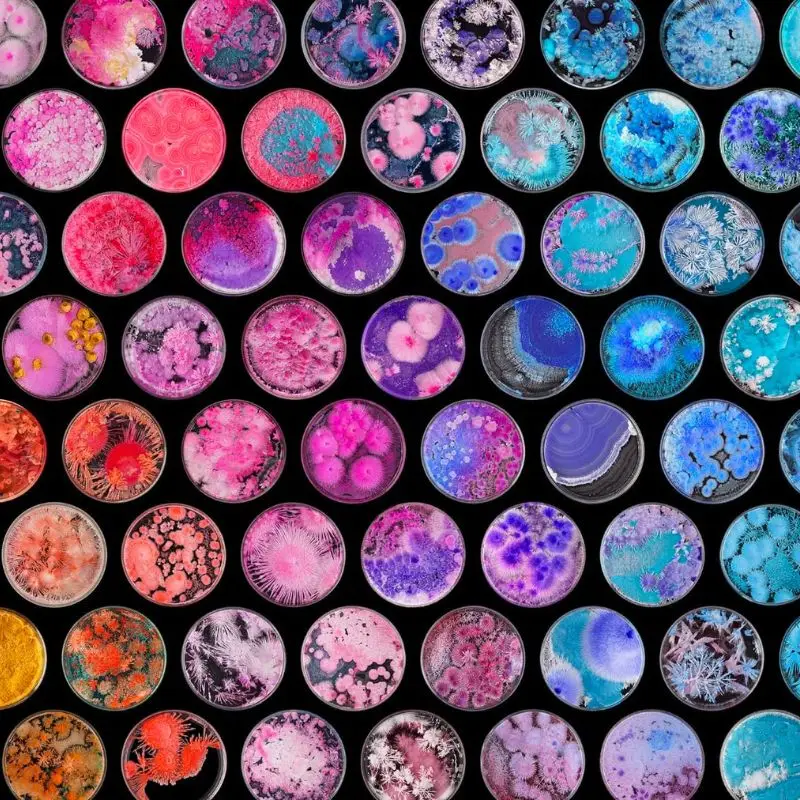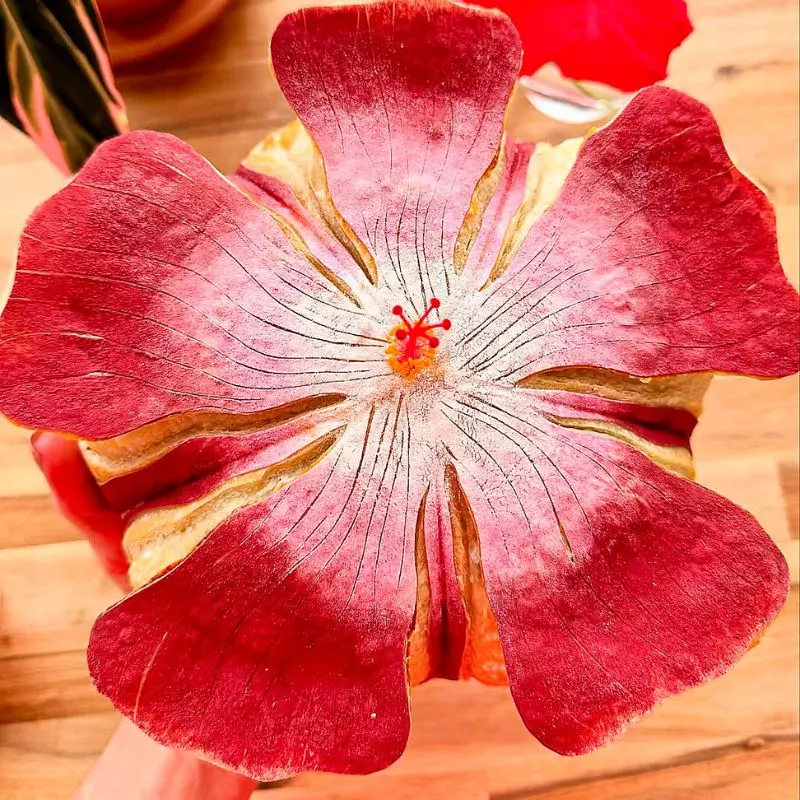Plants do more than just sit in pots. They influence T-shirt designs in exciting ways. Natural motifs capture attention and spark interest. You might notice how floral patterns or leafy prints tell a story that resonates with your lifestyle.
Fashion brands tap into horticultural themes to connect with consumers. These trends reflect a deeper appreciation for nature, impacting what people want to wear.
Let’s explore how plant biology shapes design aesthetics and consumer preferences in unique shirts.

How Botanical Elements Shape Visual Aesthetics
The infusion of botanical imagery significantly influences the stylistic direction of custom T-shirt design. Designers pluck inspiration from nature's palette - the zestful hues and elaborate designs that flora offers. A mere T-shirt blooms into a standout garment when adorned with illustrations of flowers, foliage, or arboreal silhouettes. This organic aesthetic is further enhanced through the use of DTF transfer, allowing intricate botanical patterns to be vividly and durably printed onto fabric with remarkable precision.
The use of botanical graphics adds depth to apparel, inviting wearers to express their love for the outdoors. Bright florals might evoke feelings of joy and vitality, while earthy tones inspire calmness and serenity.
Many brands leverage this connection to nature as part of their storytelling strategy. By integrating plants into their designs, they create meaningful narratives that resonate with consumers who value sustainability and eco-friendliness.
These connections elevate ordinary garments into expressions of individuality. As people seek more than just fashion statements, plant-inspired aesthetics provide that unique touch that captures attention - and hearts - in today's market.
Nature as a Narrative: The Power of Plant Motifs in Branding
Natural motifs offer powerful narratives for brands looking to connect with consumers. When designers incorporate plant patterns into custom shirts, they tell a story that reflects values like sustainability and appreciation for the environment.
Shirt printing companies recognize this trend and use their expertise to help brands create meaningful designs that resonate with audiences. Platforms like Printful empower businesses to explore endless possibilities, allowing them to choose from various botanical illustrations and color schemes.
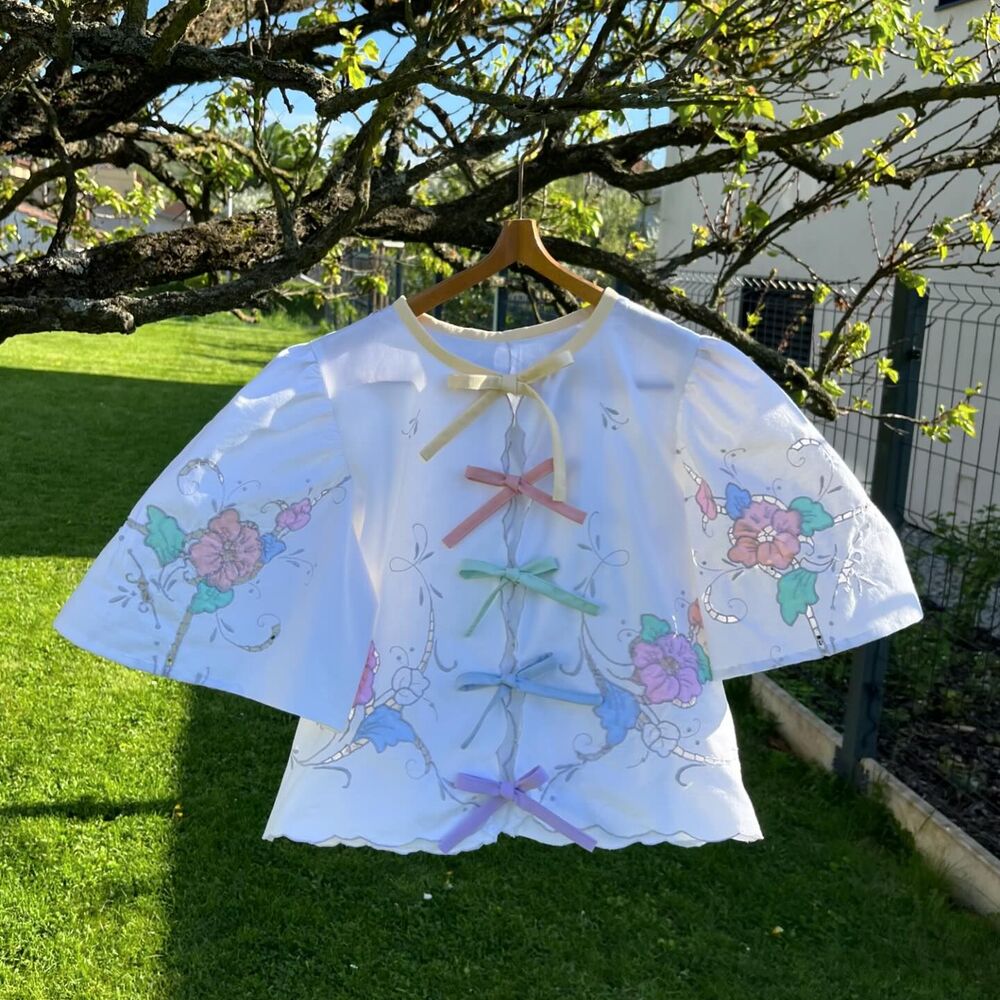
Harnessing such elements, companies craft an emotive bond with their patrons. Be it through the dazzle of floral motifs or the understated elegance of leafy designs, each article transcends mere attire to represent a way of life.
Shoppers resonate with labels that champion nature-centric designs, fostering alignment that goes beyond transactional interactions - this affinity seeds loyalty in a marketplace often teeming with alternatives.
From Garden to Garment: The Process of Integrating Plant Designs
Designing custom shirts with plant motifs involves several key steps. Each step transforms the beauty of nature into wearable art.
- Research and Inspiration: Designers start by studying different plant species, colors, and patterns. This phase often includes visits to gardens or browsing through botanical illustrations.
- Concept Development: After gathering inspiration, designers sketch concepts highlighting chosen plants' unique features. They consider how these elements can reflect brand identity.
- Digital Design: Utilizing graphic design software, artists create digital representations of their sketches. This process allows for adjustments in color and size before printing.
- Production Collaboration: Partnering with shirt printing companies like Printful streamlines production. They provide high-quality printing techniques that bring designs to life while ensuring sustainability practices are upheld.
This careful integration ensures each shirt tells a story - one rooted deeply in nature's vibrant tapestry.
Cultural Significance of Plants in Fashion Trends
Plants have long held cultural significance across various societies, influencing fashion trends throughout history. Designers often draw on traditional uses of botanical imagery to create pieces that resonate with specific communities and their heritage.
For instance, tropical motifs might evoke the lush landscapes of an island culture, while native flowers can represent regional pride.

Integrating these elements into T-shirt designs creates a rich tapestry of storytelling. Wearers not only sport stylish apparel but also connect with their roots or appreciate different cultures through nature's lens. This connection enhances the emotional appeal of clothing.
As brands become more aware of cultural influences, they weave these narratives into their offerings. By showcasing plant-based designs rooted in tradition, companies can cultivate a deeper relationship with consumers who value authenticity and meaning behind what they wear in today's diverse market landscape.
Colors and Textures: Evoking Emotion Through Natural Prints
The colors and textures of plant designs evoke a range of emotions, enhancing the appeal of T-shirts. Different hues carry specific meanings and feelings that resonate with wearers.
- Vibrant Colors: Bright greens, yellows, and pinks reflect joy, energy, and vitality. These shades attract attention while lifting spirits.
- Earthy Tones: Muted browns and soft greens create a sense of calmness and stability. These colors often connect wearers to nature’s grounding qualities.
- Textures in Design: The visual texture can mimic natural surfaces - think rough tree bark or smooth petal edges. This adds depth to apparel design, making shirts more engaging.
By thoughtfully combining these elements, brands craft emotional experiences tied to their products.
Consumers increasingly seek connections through what they wear; using color palettes inspired by nature's beauty allows for personal expression in everyday fashion choices while enriching brand storytelling significantly.
Sustainability Meets Style: Eco-Conscious Design Choices
The shift toward environmental responsibility is reshaping consumer habits, intensifying the call for sustainable fashion options. In response, brands are recalibrating their approach to include eco-conscious materials and processes in their botanical T-shirt lines.
The preference for organic cotton or reclaimed fabrics not only lessens the environmental burden but also aligns with the values of buyers who prioritize a sustainable ethos in their purchases.
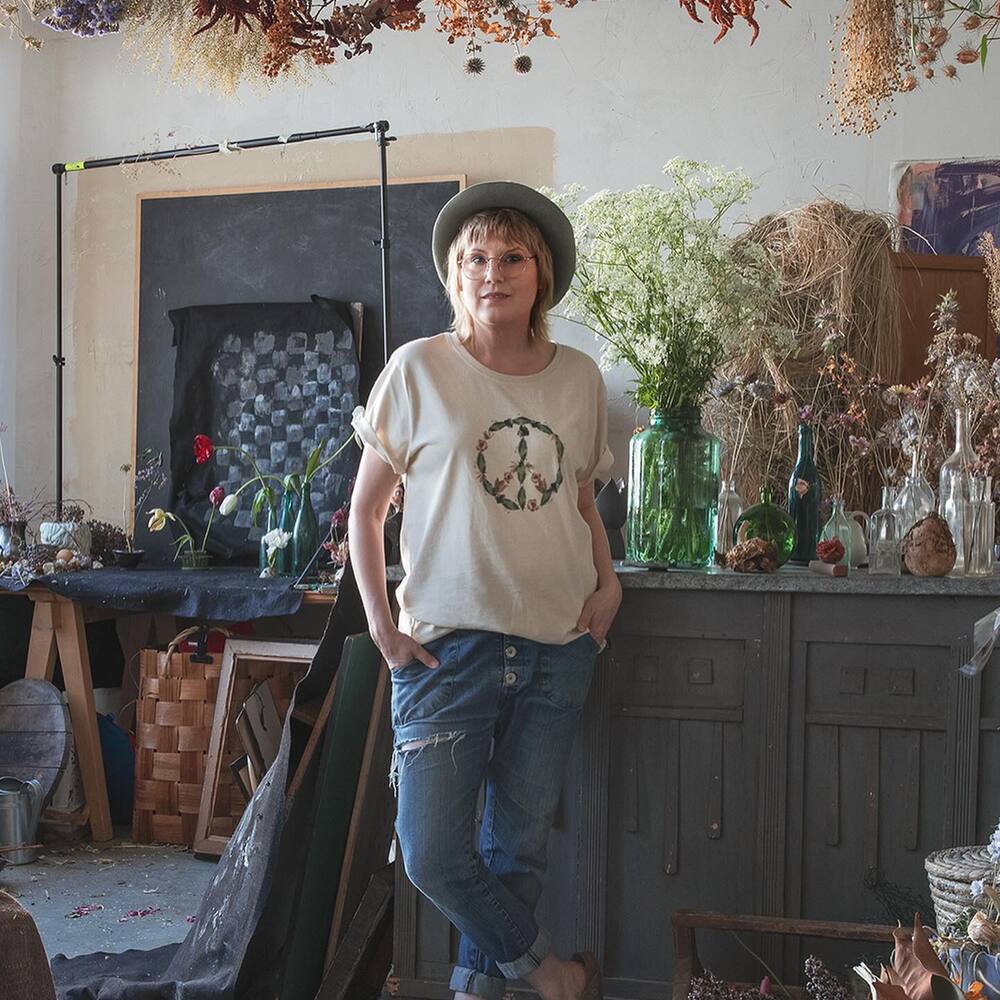
Using plant motifs aligns perfectly with this ethos. Nature-themed designs often inspire thoughts of conservation and appreciation for the environment. This connection encourages consumers to make thoughtful choices about what they wear.
Moreover, sustainable production methods resonate well in marketing strategies. They tell a story of responsibility, drawing customers who prioritize ethical consumption over fast fashion trends.
As brands emphasize their commitment to eco-conscious practices, they build stronger relationships with consumers looking for styles that reflect their values - transforming everyday apparel into statements of both beauty and sustainability in today’s marketplace.
Embracing Nature in Fashion: A Lasting Trend
Designs that draw from nature's playbook have secured a steadfast place in the fashion industry, striking a chord with buyers for various reasons. This movement underlines a collective admiration for natural beauty as well as nudging forward the adoption of sustainable habits.
As brands continue to weave plant motifs into their collections, they not only celebrate individuality but also foster a deeper connection between wearers and the environment - creating stylish apparel that truly embodies a lifestyle choice for conscious consumers.

